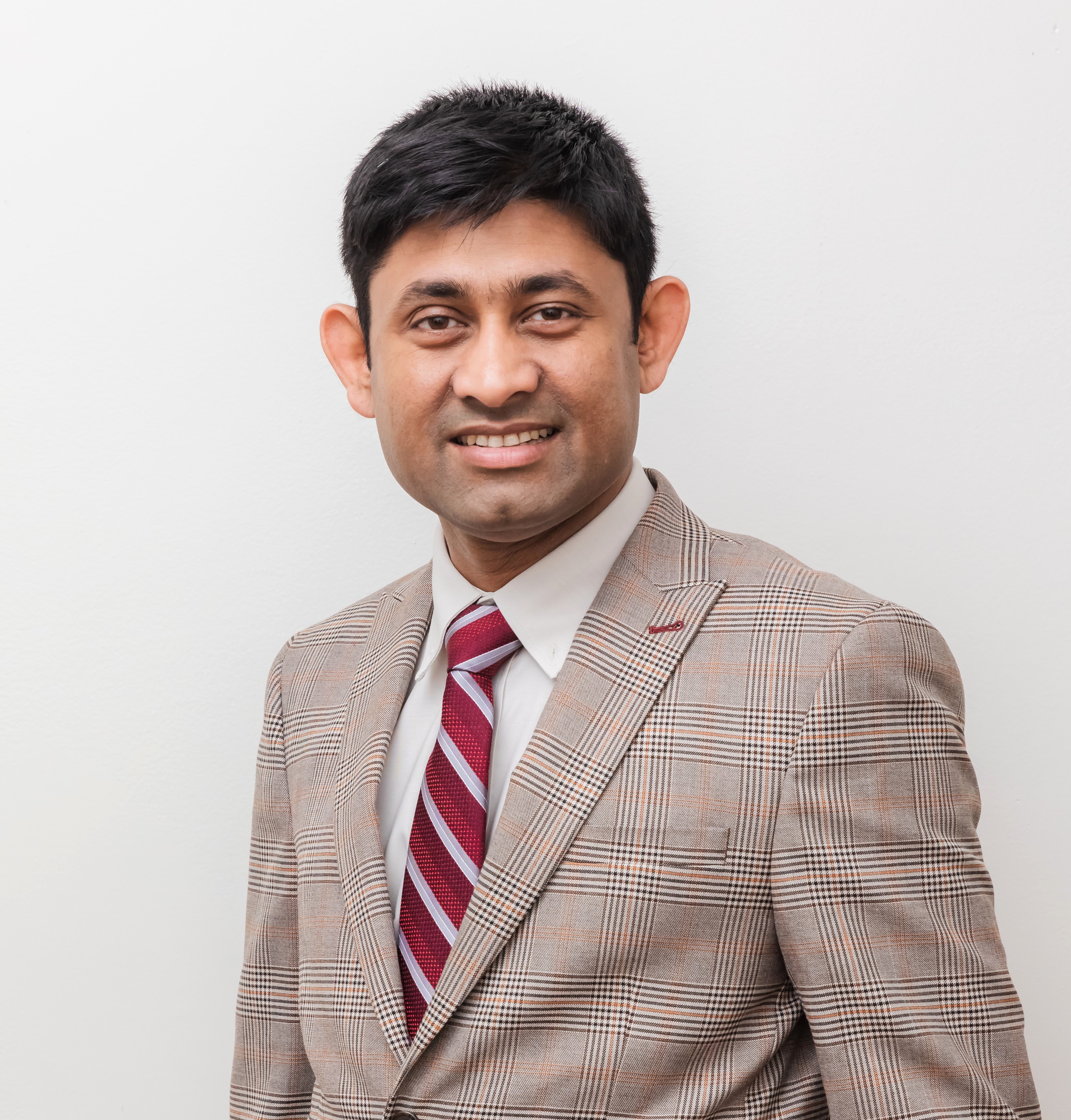
Dr Abu Sina
PhD in Biomedical Engineering, The University of Queensland, Brisbane, Australia, 2017
Higher Education Teaching Certificate, Harvard University, Boston, USA, 2022
Visiting Scientist, Dana Farber Cancer Institute, Harvard University, Boston, USA, 2022
Visiting Research Fellow, Irving Cancer Research Center, Columbia University, New York, 2023
Senior Research Fellow, The University of Queensland, Brisbane, Australia, 2025
Dr. Abu Sina is a Senior Lecturer and Group Leader of Sina Lab at the School of Biotechnology and Biomolecular Sciences, ¬ť∂Ļ…Ámadou Sydney. Prior to this role, he served as a Senior Research Fellow at the Center for Personalized Nanomedicine and a Theme Leader at the Center for Materials Space-Tectonics (CeMaSTec), both part of the Australian Institute for Bioengineering & Nanotechnology (AIBN) at The University of Queensland (UQ), Australia. His career also includes international research appointments as a Visiting Scientist at the Dana-Farber Cancer Institute, Harvard University, and a Visiting Research Fellow at the Irving Cancer Research Center, Columbia University, NY, USA, where he spent two years collaborating with leading experts in oncology and systems biology.
At UQ, Dr. Sina worked alongside ARC Laureate Fellow and Former Federation Fellow, Professor Matt Trau, contributing to groundbreaking research in nanomedicine. During his time at Harvard, he collaborated with Professor Adam Bass, now the Global Head of Oncology Translational Research at Novartis. His tenure at Columbia University included work with Professor Andrea Califano, currently the President of the $270M Chan-Zuckerberg Biohub in New York and a Professor in the Systems Biology Department at Columbia University.
Dr. Sina earned his PhD in Biomedical Engineering in 2017 from The University of Queensland, Australia, following his Bachelor with Honours and Master's in Chemistry from Shahjalal University of Science & Technology, Bangladesh. His diverse academic and research journey reflects a commitment to advancing translational nanomedicine and molecular diagnostics on a global scale.
- Publications
- Media
- Grants
- Awards
- Research Activities
- Engagement
- Teaching and Supervision
NHMRC Investigator Grant (Emerging Leadership Category 1, 2020-2024)
ARC Discovery Project (2021-2024)
UQ Research Infrastucture Investment Grant (2021)
Industry Research Grant from AstraZeneca (2020)
Philanthropic Research grant from Evolution Mining (2020-2025)
UQ Early Career Researcher grant (2020-2021)
Research Excellence Award 2022 from Dana-Farber Cancer Institute, Harvard University.
Metrohm- EDRACI Young Electrochemist Award 2021 from Metrohm Australia and Electrochemistry Division of the Royal Australian Chemical Institute, Australia
Nomination for the the Journal of Materials Chemistry Lectureship 2021 and 2022
Young Scientist Award 2020 from International Association of Advanced Materials (IAAM)
Nominated for the Journal of Materials Chemistry Lectureship 2020
Queensland Health and Medical Research Award 2019 from Queenland Govt. and Australian Society for Medical Research
Nomination for University of Queensland Awards for Excellence 2019
Dr Abu Sina's research program has pioneered the development and translation of advanced nanotechnologies for the trace-level detection of biomarkers in liquid biopsies. He is internationally recognised for his groundbreaking work in early cancer detection, particularly through his invention of the Methylscape Multi-Cancer Early Detection (MCED) test (Nature Communications, 2018). Dr Sina has developed nanotechnology-based platforms for single-cell (ACS Nano, 2020, Advanced Sensor Research 2023, Biosensors and Bioelectronics, 2024), single-molecule (Nature Communications, 2021), and single extracellular vesicle (Advanced Science, 2023) analysis, enabling trace level detection of molecular alterations at the early stage of diseases. Dr Sina's research program has generated 56 peer-reviewed publications, including 4 in journals under the Nature and Science families. One of his papers ranks in the top 1% of most cited publications globally, seven in the top 5%, and thirteen in the top 10% (field-weighted; Web of Science). His publications have earned over 2,672 citations (Google Scholar), with an FWCI >2, and have been cited in 1,110 documents across 88 countries and 23 subject categories (Scopus, August 2024).
My Teaching
My identity as a teacher has been shaped by my extensive experience in research, teaching, and in the industry, within the fields of biotechnology, biomolecular sciences, molecular biology, and nano-biotechnology. As an educator, my primary objective is to excel and achieve a high standard of teaching. I strive to create a familial bond with my students while upholding a strong level of professionalism that welcomes constructive criticism and feedback. My ultimate aspiration in teaching is to equip my students with the skills and knowledge necessary to excel in the real world. I aim to nurture them into future leaders, catalysts for change, and creators of knowledge within and beyond the realms of my field, ultimately molding them into better global citizens who contribute to the advancement of the world.
